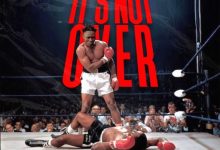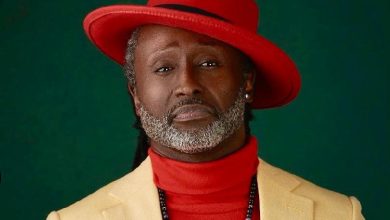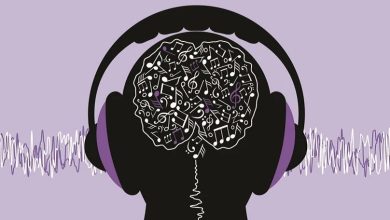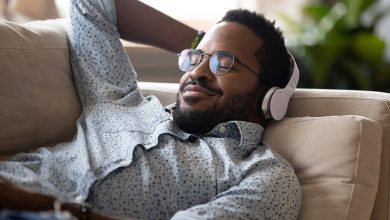How does loud noise cause hearing loss?
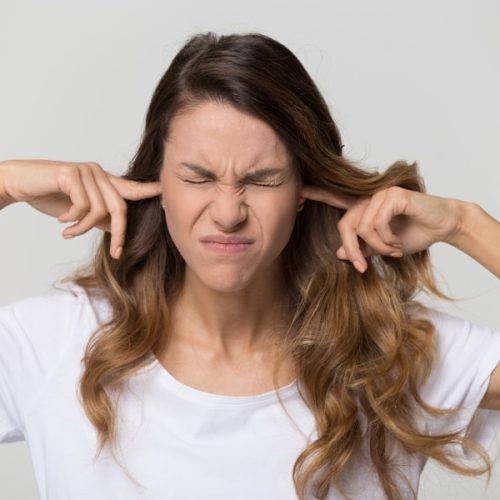
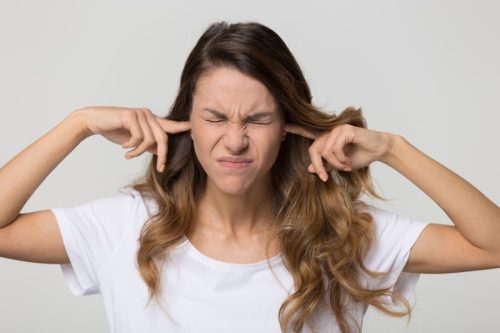
It is estimated that one-third of the world’s population and 3 out of 4 inhabitants of industrialized cities have some degree of hearing loss as a result of exposure to high-intensity sounds. Noise is defined by the World Health Organization (WHO) as an unpleasant and annoying sound that is potentially harmful to hearing.
Traffic noise, from transport such as airplanes or trains, as well as noisy leisure sources, such as concerts or nightclubs, are the main sources of noise. All of them can harm your ears and your health in general.
Noise effects:
The noise level recommended by the WHO to ensure good health and well-being is 65 dB. If the exposure is greater than 85 dB, there is already a risk of chronic hearing loss. Whereas if the exposure is repeated over time and above 100 dB, there is a risk of immediate loss.
Hearing loss, noise-induced hearing loss, also known as acoustic trauma (acute or chronic), is a health problem that increases with the advancement of civilization. That is why noise is included within the term noise pollution.
Acute acoustic trauma occurs when there is exposure to a single noise of a very short duration but of very high intensity, these are called impulsive noises (an explosion, shots, firecrackers…). It can also be caused by certain industrial noises or those generated in discos or concerts.
For its part, chronic acoustic trauma, also called noise-induced hearing damage, is continuous, permanent, and cumulative hearing loss of sensorineural origin, which develops gradually over the years, as a result of exposure to harmful levels of ambient or occupational noise, continuous or intermittent, of relatively high intensity.
In addition, in recent years, otolaryngologists have detected other risk factors from the use of personal music players with headphones at excessively high volumes.
Its use is the most popular daily activity among university students, which is conditioning hearing loss to appear at earlier ages, advancing the appearance of hearing deficit associated with age by about 20 years.
It is recommended not to listen to the music at more than the minimum automatic output standard at power on which is less than 85 dB. If the user voluntarily decides to increase the levels to more than 85 dB, these devices incorporate warning measures every 20 hours of listening, which warns of risk and that we are in a dangerous range. They should never exceed 100 dB. Furthermore, it should be noted that the use of inserters is even more detrimental.
At first, inner ear damage and hearing loss can be temporary, lasting minutes, hours, or days, but if exposure is repeated, inner ear damage can lead to permanent hearing loss. Thus, in the first phase, the deafness is moderate, only of acute frequencies and it can be reversed. However, later the hearing damage becomes permanent and irreversible, also affecting the medium and low frequencies, leading to severe deafness.
This is how noise affects hearing, hinders communication, and produces other negative effects on health: it increases the risk of cardiovascular diseases, produces insomnia, generates stress and psychological problems, and hinders learning by reducing the ability to pay attention and concentrate and including memory and motivation. So many are its effects that the WHO warns that because of noise, Europeans lose 1.6 million years of healthy life.
JOIN TOPGHANAMUSIC WHATSAPP GROUP FOR UPDATES
0205241541 (MUWAFAQ YUNUS) MOMO NUMBER TO SUPPORT MY UPLOADS 😌😎 THANK U 🥰😍

